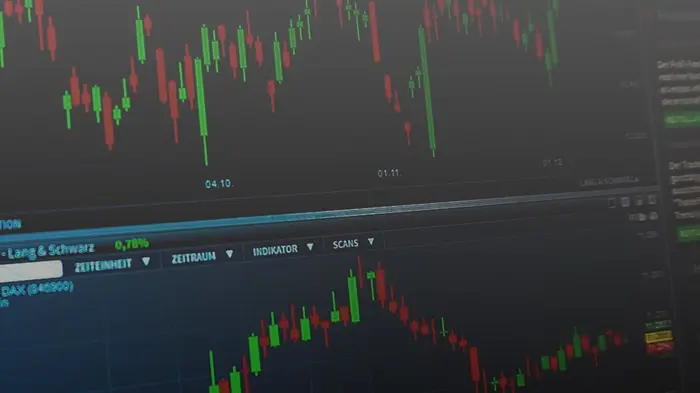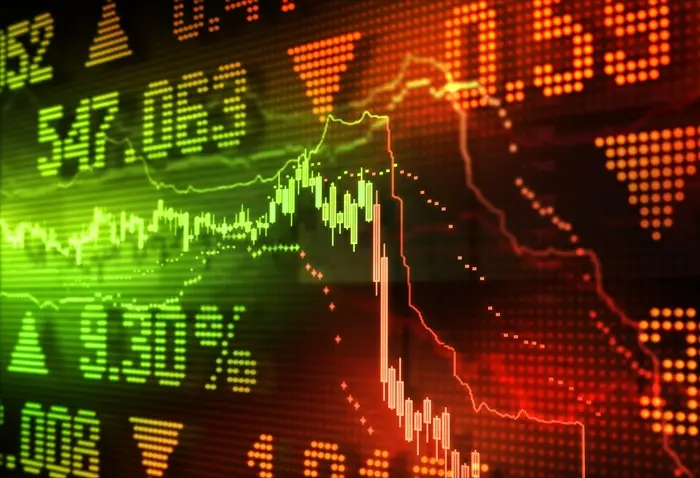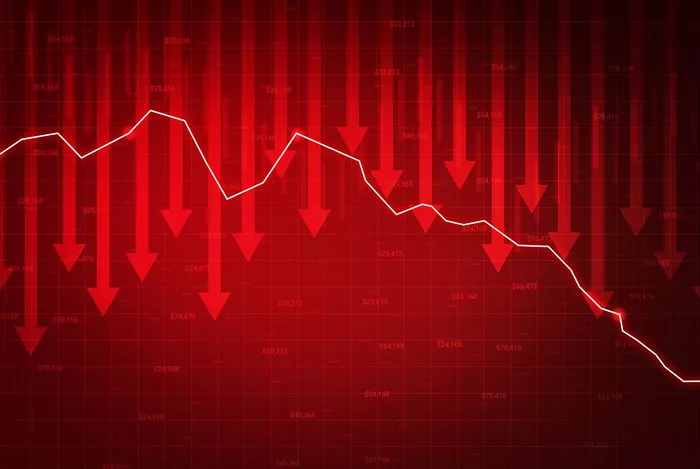U.S. stocks are set to continue their sharp decline as futures markets grow concerned about President Donald Trump’s tariffs. Administration officials and Trump himself said on Sunday that they will not back down from their aggressive stance. Meanwhile, inflation reports are due later this week, as well as bank earnings reports.
Wall Street remained fearful of President Donald Trump’s tariffs late Sunday as futures pointed to further sharp declines.
Dow Jones Industrial Average futures fell 1,302 points, or 3.3%, S&P 500 futures fell 3.9%, and Nasdaq futures fell 4.9%. The week before, stocks experienced their worst sell-off since the early days of the coronavirus outbreak.
The 10-year Treasury yield fell 8.5 basis points to 3.906%, and U.S. crude oil fell 3.7% to $59.72 a barrel.
On Wednesday, Trump announced tariffs of at least 10% on 57 economies, with higher tariffs to be imposed on 57 economies, including China (34%), the European Union (20%) and Japan (24%). Fitch Ratings estimates that the effective tariff rate could average 25%, the highest in 115 years.
Former U.S. Treasury Secretary Larry Summers expressed caution in an X post on Sunday, saying there is a good chance of more market turmoil similar to Thursday and Friday.
Summers said the two-day drop was the fourth largest two-day drop in the past 85 years. The sell-off caused the market value to evaporate by about $6 trillion.
“A drop of this magnitude means there may be trouble ahead, and people should be very cautious,” Summers wrote.
Meanwhile, the Trump administration and the president himself have defended the tariffs.
When asked about the market plunge, Trump told reporters: “I don’t want anything to happen, but sometimes you have to take medicine to solve problems.”
He pointed to the U.S. trade deficit with China and said he was willing to make a deal, “but they have to solve their surplus problem.”
Earlier, Kevin Hassett, director of the National Economic Council, told ABC News that more than 50 countries have contacted the White House to negotiate tariffs.
But for now, Commerce Secretary Howard Lutnick said the tariffs will remain in place and will not be delayed. The lowest tariff of 10% took effect early Saturday, while individual levies will take effect on Wednesday.
“They will certainly stay in place for days and weeks,” he told CBS.
In response to Trump’s sweeping tariffs, JPMorgan now believes the U.S. will fall into a recession, with GDP shrinking 0.3% this year. But Treasury Secretary Scott Bessant said Sunday that a recession is not inevitable and called the stock market sell-off a short-term reaction.
“One thing I can tell you as Treasury secretary is that I’m impressed with the market infrastructure, and we had record volumes on Friday. Everything is running very smoothly, so the American people can feel very comfortable about that,” he told NBC.
Bessant also stopped short of saying Trump would abandon the aggressive tariffs.
Federal Reserve Chairman Jerome Powell warned on Friday that the massive imposition of tariffs could push up inflation, dampening expectations of an imminent rate cut.
Markets will get their latest update on inflation Thursday when the March Consumer Price Index report is released, giving a sense of where inflation is headed before the latest tariffs.
Also, first-quarter earnings season kicks off this week with reports from JPMorgan Chase, Wells Fargo and BlackRock on Friday.
Related topics:




























